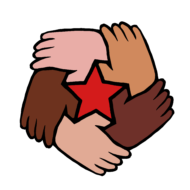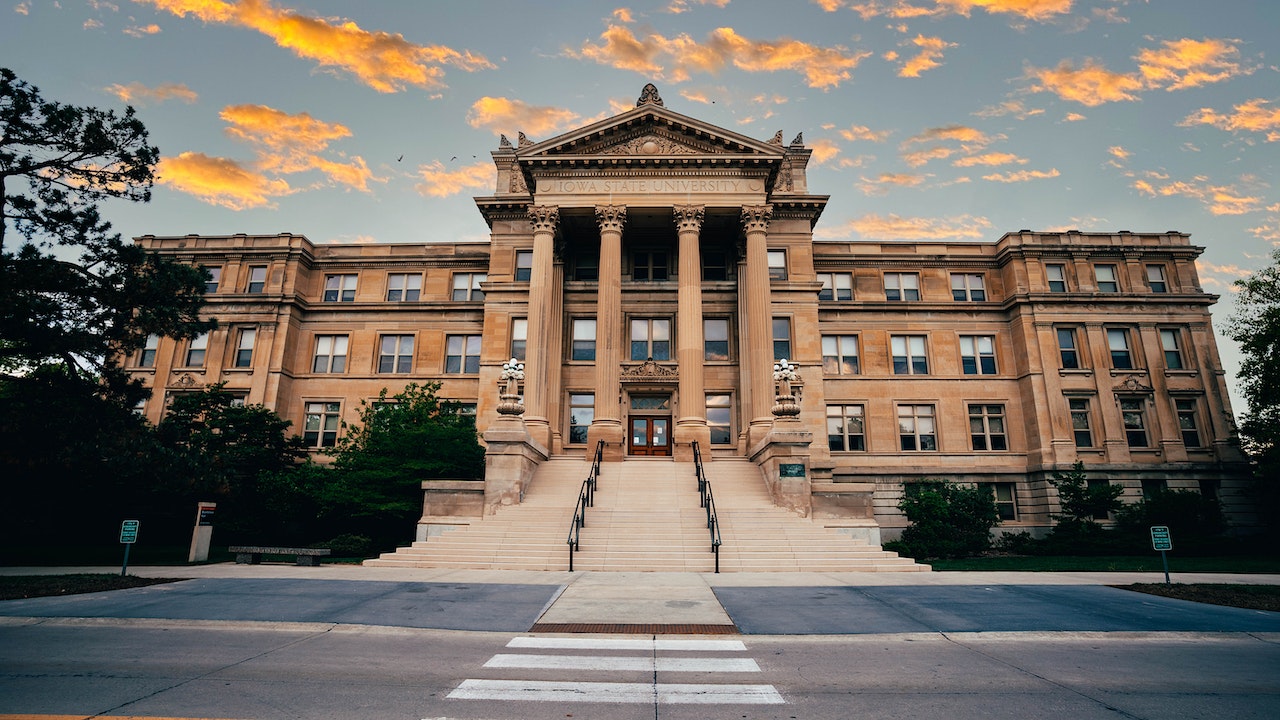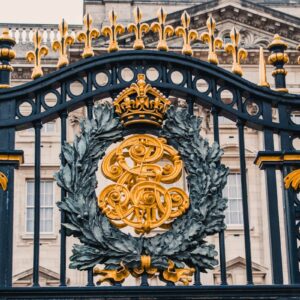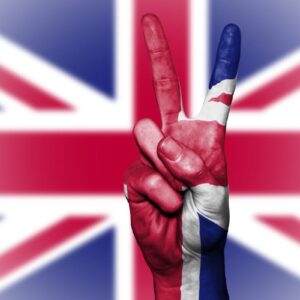It’s easy to get lost in efforts to convert your country to Socialism, and that is the most useful place to apply most of our efforts. However, it’s worth asking now how we’ll protect Socialism once we manage to achieve it.
Capitalism is a global system of exploitation. When any country moves to the left, let alone tries to become Socialist, it’s met with intense attacks from reactionaries both within its borders and from outside them.
In recent history, we only have to look at the coups in Peru and Bolivia to see foreign and domestic powers trying to overturn democracy when Capitalists don’t get their way. Simply getting into government isn’t enough to make Capitalists surrender their power and privilege. They tend to ignore the law when it’s inconvenient for them and try to restore their power by any means necessary.
History’s most famous Democratic Socialist, Salvador Allende, had to rule by decree because his government obstructed him at every turn, and he was quickly removed from office in a violent coup, led by his own country’s military and supported by the US.
Further back still, the October Revolution happened almost bloodlessly, with the support of the majority of the Russian people. Then the monarchists raised an army to fight against the Socialist government, and were supported by invading armies from fourteen Capitalist countries. The result was the Russian Civil War.
Wherever we manage to take power, we need to be able to protect our gains or reactionaries will restore Capitalism at the earliest opportunity, whatever the cost in human lives. So what are we to do?
We need some way of keeping reactionaries at home suppressed, while protecting ourselves from foreign interference.
Why Successful Socialist States are “Authoritarian”
Successful Socialist states are often accused of being authoritarian because they don’t follow the model of Western Liberal democracy. But there are two problems with this argument: 1) all states are authoritarian, and 2) Liberal democracy is actually a lot less democratic than Socialist models of democracy.
What is the State?
The state consists of all the institutions that the ruling class uses to impose its will upon the other classes of society. This includes the institutions of violent coercion, such as the police and prisons, and the institutions of ideological coercion, such as the media and education system.
In every class based society, the different classes necessarily have opposing interests. One class has to become the ruling class and impose its will upon the other classes in society, or social classes couldn’t exist. Since we don’t yet have abundant resources for all, the state arises to control society, for the benefit of some over others.
1) All States are Authoritarian
In a Capitalist country, parts of the state, such as the media, are predominantly owned privately by Capitalists. Socialist states are often accused of being authoritarian because they don’t allow full freedom of speech in their media, but what percentage of news coverage in a Capitalist country is anti capitalist and pro Socialist?
This isn’t a reflection of public opinion, rather that of those who control the media.
“While British people on balance tend to have an unfavourable view of capitalism (39% view it unfavourably, 33% favourably), more people (36%) view socialism favourably than negatively (32%).” – YouGov 2016
In Capitalist countries, the media systematically promotes Capitalism and the ideas compatible with it, while demonizing or ignoring Socialism. At the same time, the media narrative in regards to wars and other foreign policy tends to parrot the government line. Why would it be any different for a Socialist state? Both are working to keep their ruling class in power. The difference is that a Socialist state serves the mass of the people, while a liberal state serves the Capitalist class.
China and Cuba are just as likely to let their media spread Capitalist propaganda as the Daily Mail and The Hill are to regularly platform Marxist-Leninists. The idea that there’s free speech in the West, because the media is privately owned by Capitalists, is absurd.
When there are threats to Socialism, such as violent groups pushing for liberal democracy in Hong Kong, the state will send out police to contain them and keep order. Far from curtailing people’s freedom, this actually serves to protect the majority. As will be demonstrated soon, “authoritarian” Socialist states are far more democratic in practice than liberal democracies.
Neither is police cracking down on protestors something that only happens in Socialist countries. Liberal regimes do the same thing all the time, and to a much wider extent.
The Black Lives Matter protests, following the death of George Floyd, were the largest recorded protests in US history, much larger than those during the civil rights movement. The police cracked down brutally on the protestors, even employing tear gas against them on at least 100 occasions.
While Chinese protests about Covid restrictions are reported as Chinese citizens wanting to overthrow the authoritarian Communist Party “regime”, no Western media outlets were painting BLM protests as citizens being ready to overthrow the authoritarian US regime.
When the general public in liberal countries do become outraged about issues and protest en masse, the state usually meets them first with disdainful platitudes and then with violence.
The reality of class struggle within society is this: the ruling class has to keep the other classes and their agents suppressed, or lose its place in charge of society. The same is true for both Capitalist and Socialist states. The difference is that in a Socialist country the state is defending the interests of the majority.
2) Democracy under Liberalism vs Socialism
In our liberal democracies, the ruling class is the bourgeoisie (the Capitalist class.) Even though there’s a show of democracy, ultimately it’s the Capitalist class that usually gets its way when their interests conflict with ours.
A prominent example of this is demonstrated by Lizz Truss’s short reign as UK Prime Minister. She wasn’t elected to her post by the general public, but by an internal Conservative Party vote, and felt able to ignore the many calls for a general election, so that the whole nation could choose the next Prime Minister.
The economic measures that she announced were so unpopular with “the market,” however, that she was forced out of her job within a few weeks of being elected. Her plan for the economy panicked investors, so she was quickly forced to resign. It was Capitalists who decided whether or not she got to remain Prime Minister, not voters.
If we turn our attention to the US, things look much the same. A study from Princeton found that:
“When a majority of citizens disagrees with economic elites and/or with organised interests, they generally lose. Moreover, because of the strong status quo bias built into the US political system, even when fairly large majorities of Americans favour policy change, they generally do not get it.”
In a more specific example, Barack Obama had to change his economic policies while President, because Capitalists refused to invest in the economy until he did so. His policies became even more pro business by necessity, so that he wouldn’t be blamed for tanking the economy.
Let’s compare this with the democracy practiced in Actually Existing Socialism (AES) countries.
Let’s first define democracy. Literally, it means rule by the people. It means that the country is run in accordance with the wishes of the majority of the people living there. It doesn’t mean that the country has to use any specific voting system or government structure.
An easy way to measure whether a country is being run in accordance with the wishes of its citizens is to look at the level of citizen trust in the way their country is run.
According to the Democracy Perception Index, 83 percent of Chinese people trusted their democracy in 2022, vs 44 percent of people in the UK and 43 percent in the US. While a report from Edelman Research found that 91 percent of Chinese people trust their government, compared to 42 percent in the UK and 39 percent in the US.
- Related: The UK is not a Democracy
How Should We Structure Our Socialist States?
Each Socialist state has to be structured differently. Idealists might come up with some theoretical ideal structure of a state in their mind and try to impose it on the world, but Marxists are materialists: we examine the material conditions of the world and then design, and redesign, our institutions accordingly, as conditions change over time.
When each Socialist state is established, it happens at a unique moment in history and inherits all the baggage of the country it’s born into. The model that arose in Cuba differed from that of the Soviet Union, and Vietnam’s model is slightly different still. Each country is different.
The key principle in any Socialist state is that the proletariat should have control over state power, so that it can protect society from being subverted by Capitalists both within and outside the country.
One of the ways the Soviet Union protected society from being taken over by Capitalists was to limit the right to vote to those who didn’t employ wage laborers. Meanwhile, Cuba and Vietnam today both make it illegal for political candidates to spend money campaigning, which eliminates many of the money-in-politics problems seen in Liberal countries.
However it’s structured, a Socialist state needs to protect society from being subverted by Capitalists both within and outside the country. Sometimes we need to do that by educating people and sometimes we need to do it by force. But, if we want Socialism to survive, we’ll have to do it.





